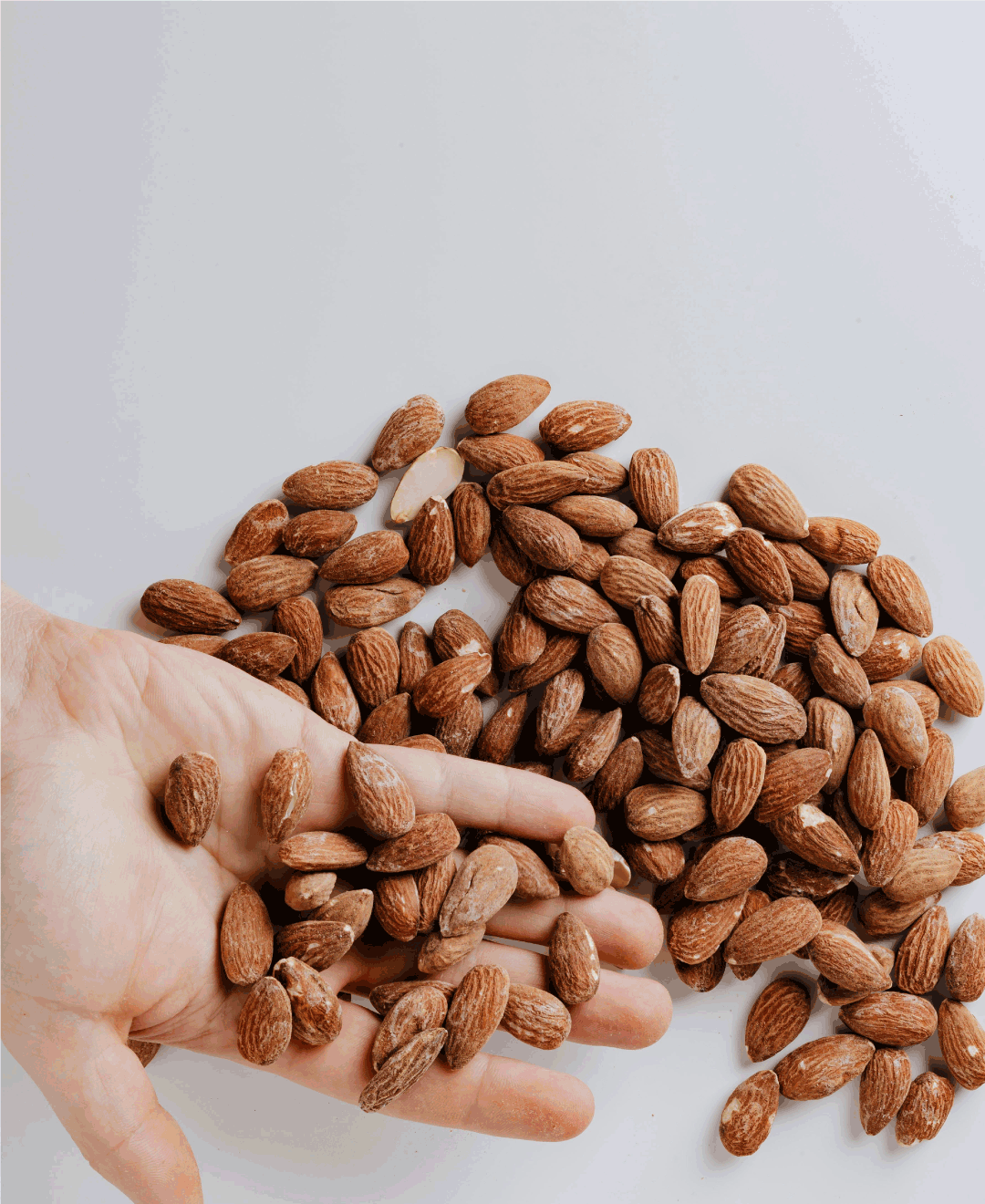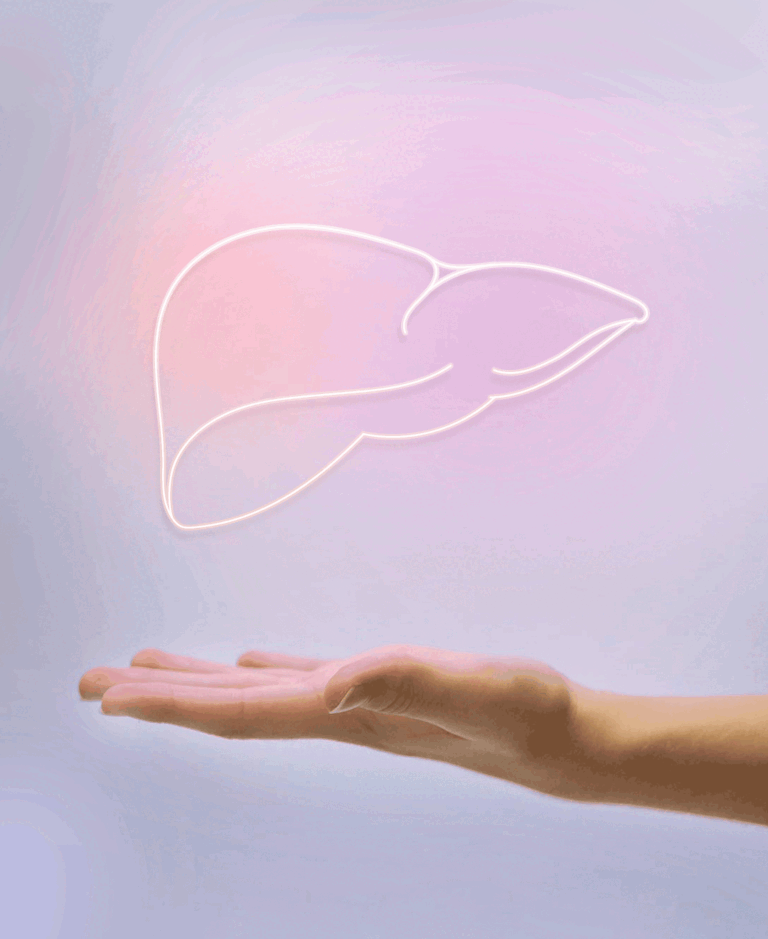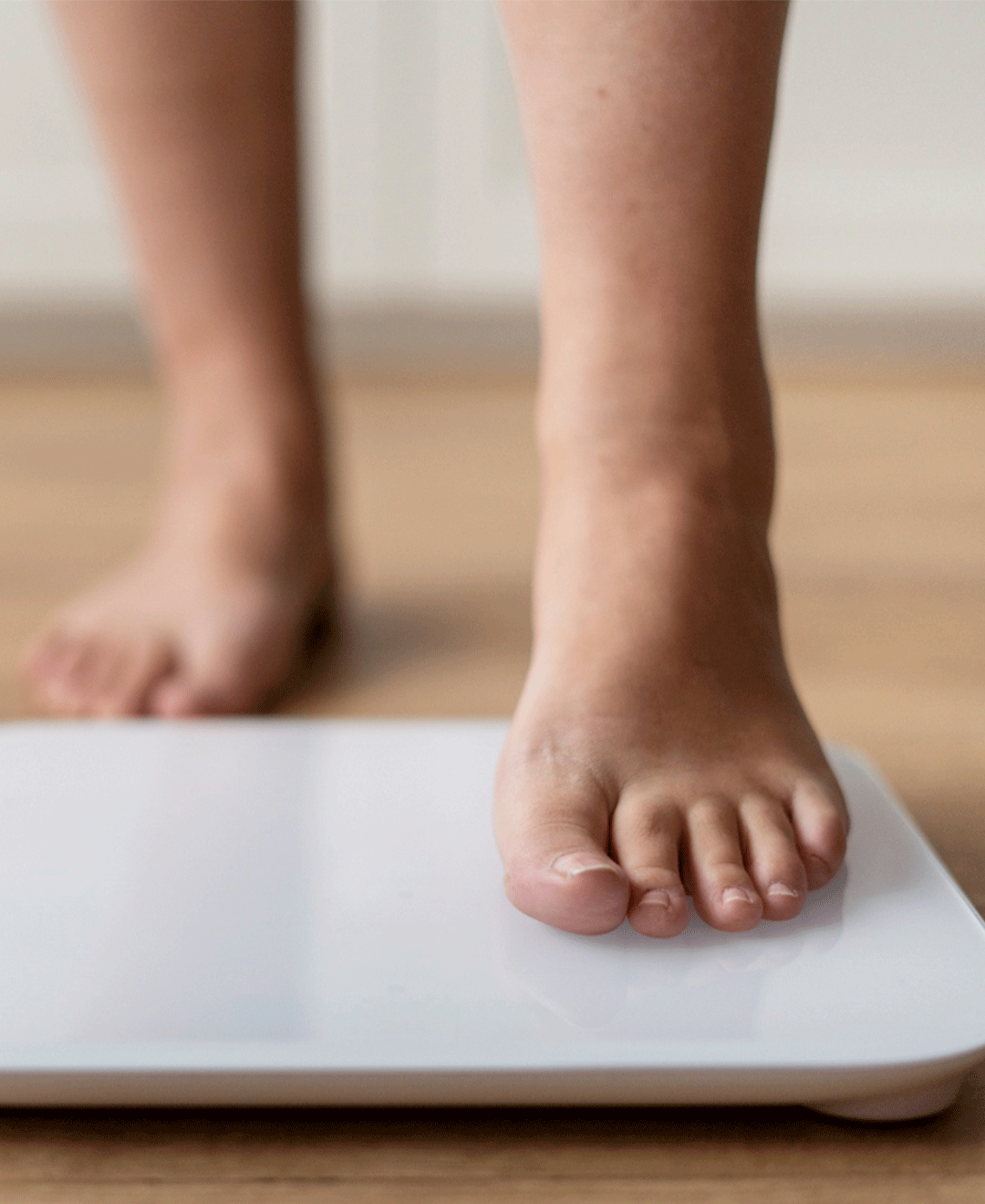
The organ that affects all body systems and how to take care of it:

The organ that affects all body systems and how to take care of it:
Have you ever wondered why healthcare providers emphasize the significance of the liver? Is it just a medical cliche, or does this vital organ genuinely hold the key to our survival? In this blog post, we set out on a journey to uncover the undeniable truth behind the liver’s indispensability in the human body. As we delve deeper, we’ll also discover practical ways to care for and cherish this irreplaceable organ by making mindful changes in our lifestyle.
Liver and its functions:
The liver serves a multitude of indispensable functions, including the production of bile to facilitate fat breakdown, the conversion of food into vital nutrients and energy, regulation of numerous chemical levels in the blood, and the efficient elimination of toxic substances. Remarkably, the liver boasts an impressive regenerative capacity that enables it to heal and recover from damage.
Leading causes of liver damage:
However, despite its resilience, the liver can fall victim to infections. Exposure to toxic substances, specific genetic or immune system irregularities, and the adverse effects of unhealthy lifestyle habits. When there is liver damage, its functionality becomes limited, leading to disruptions in the body’s intricate balance and causing a range of problems or diseases.
When it comes to unhealthy lifestyle habits, a prevalent misconception is that liver problems solely arise from alcohol consumption. While there is some truth to this belief, the fallacy lies in attributing liver issues exclusively to alcohol, overlooking the potential harm caused by a combination of lifestyle factors that can also harm our liver. Excessive consumption of fats and the misuse of medications, often taking doses far beyond the recommended levels, are equally significant contributors to liver damage.
Obesity represents a significant risk factor for the development of liver disease. While its impact on the cardiovascular system is widely acknowledged, it is equally crucial to recognize how obesity affects the liver. The presence of excessive fat accumulation within the liver tissue is indicative of a condition known as fatty liver disease. Without corrective actions taken through diet, exercise, and hydration, we would be talking about the initial stage of liver damage, leading to the development of increasingly aggressive stages: steatohepatitis and cirrhosis. Did you know that the majority of people who develop liver cancer have cirrhosis? Cirrhosis is the end stage of many chronic liver diseases and can lead to liver cancer. Fatty liver and steatohepatitis are reversible, and the driving force behind it is choosing a healthy lifestyle.
General recommendations:
- Avoid excess fats, margarines, alcohol, sugary drinks, processed meats, and a low intake of dietary fiber.
- Maintain a balanced diet rich in fruits, vegetables, and greens.
- It is advisable to limit the consumption of red meats (beef and pork) to once or twice a week.
- Increase the consumption of foods with choleretic effects (increase bile secretion in the liver) and cholagogue effects (induce bile evacuation): olive oil, artichokes, radishes, eggplants, endives, and other bitter-tasting vegetables, as well as citrus fruits – especially oranges and lemons – and their juices.
- Engage in moderate physical exercise regularly.
- Do not self-medicate or consume medications or supplements without the supervision of a healthcare professional.
- If recommended by your healthcare provider, take supplements to promote liver health.
- Undergo periodic check-ups to assess your overall health status. Many liver problems go unnoticed in their early stages due to being asymptomatic.
At Aesthetic and Wellness Clinic, we invite you to take steps to care for and protect your liver. Visit our clinic for regular check-ups and receive a personalized guide on how to care for and detoxify your liver.




